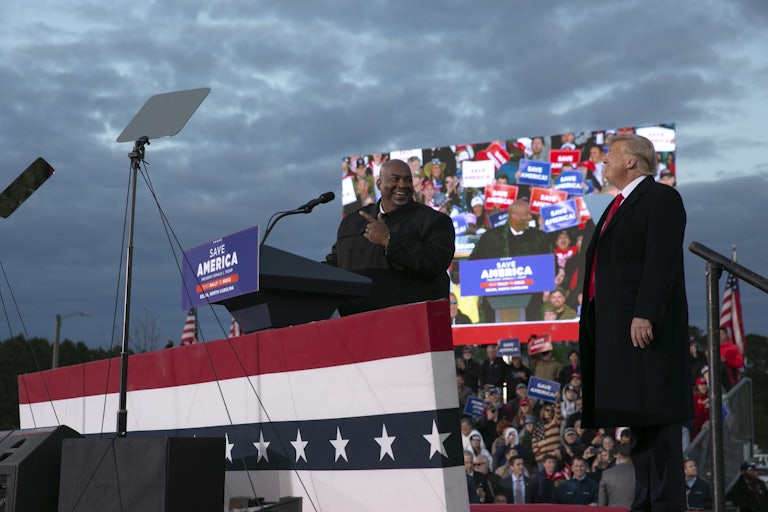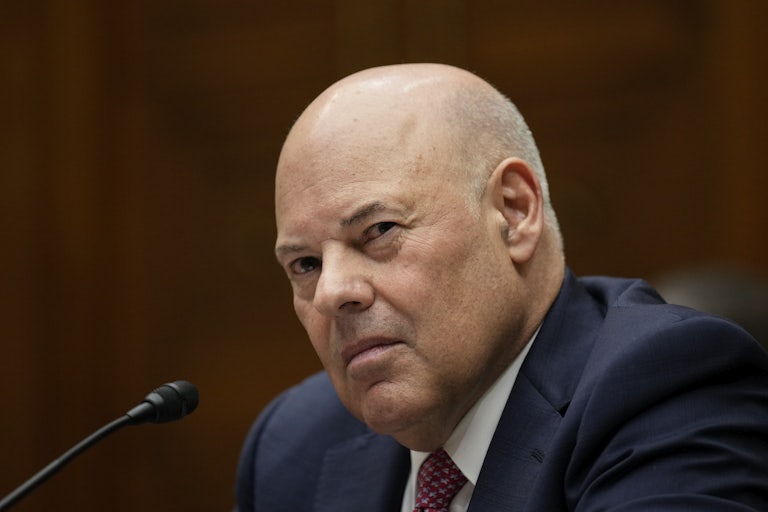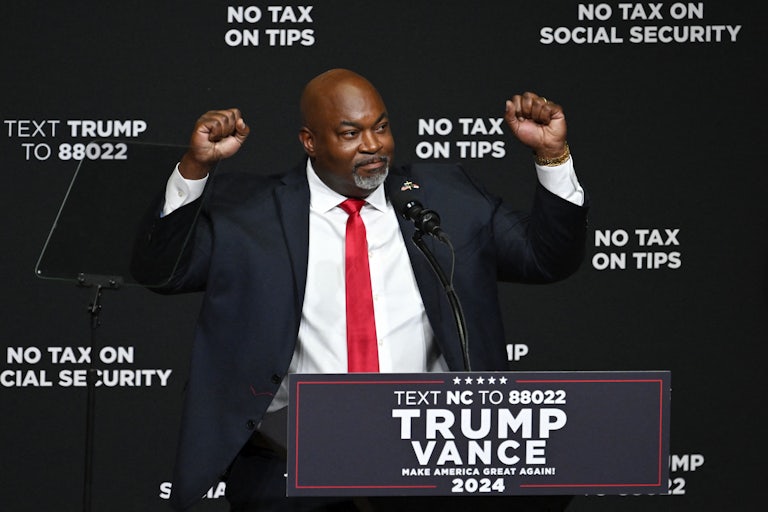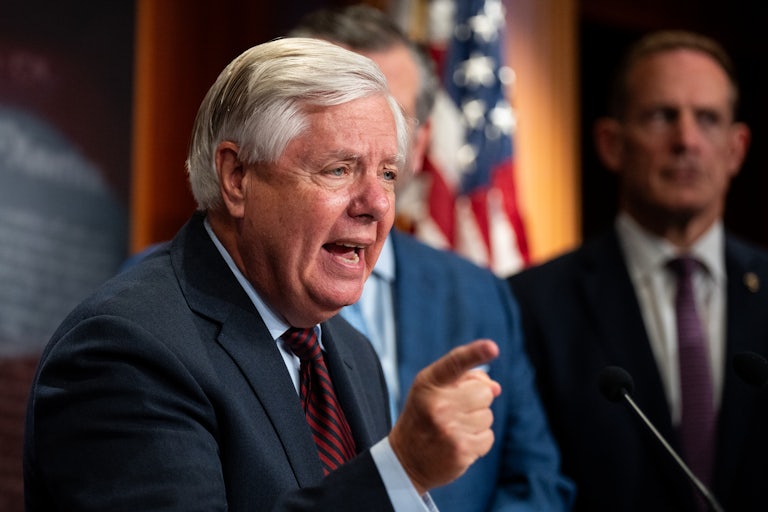Lindsey Graham’s Dangerous Ploy Could Upend Election in Trump’s Favor
How changing Nebraska’s voting system could swing the election away from Kamala Harris.
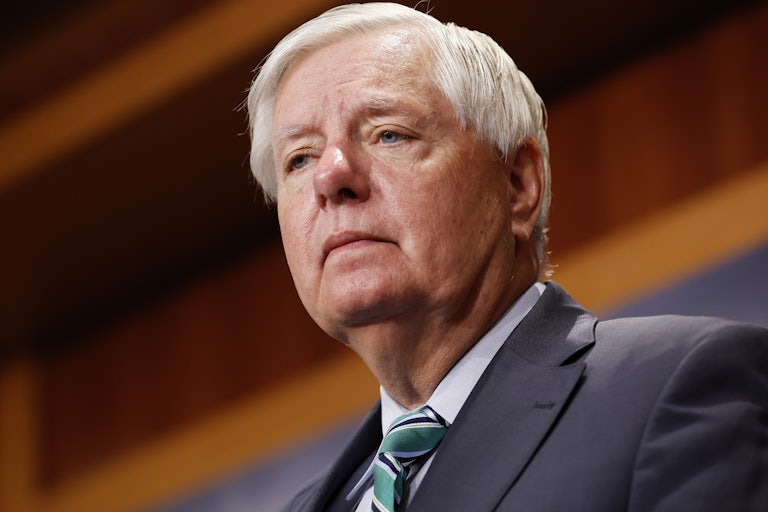
Republicans’ plan to change how electoral votes are distributed in Nebraska could have far-reaching effects to hurt Kamala Harris’s chances at the presidency.
Nebraska splits its five Electoral College votes, granting two of them to the winner of the state’s popular vote, while the other three are given to the winner of the three congressional districts. In the past few months, Republicans in the state have pushed to return to a model where all the votes would be granted to the winner of the whole state.
Earlier this week, South Carolina senator and apparent errand boy for Donald Trump Lindsey Graham traveled to Nebraska to shore up support for this change among state lawmakers.
In ensuring that all of the state’s electoral votes go to one candidate, Republicans are essentially securing the presidential election in Nebraska for Trump, by siphoning away a spare point that Harris would earn from a district with a large metropolitan area.
If Nebraska changes its rules, it’s likely that Maine would seek to do so too, which has the potential to help Harris regain some ground lost in Nebraska.
Maine also splits its four electoral votes, with two appointed based on the winner of the popular vote within each congressional district and then two based on the winner of the state-wide popular vote.
Maine’s Democratic House Majority Leader Maureen Terry issued a statement in April indicating that if Nebraska were to change its Electoral College rules, she would “be compelled to act in order to restore fairness.”
In 2020, Maine delivered one electoral vote to Trump and the other three to Joe Biden. If Maine changed its Electoral College rules and votes similarly to how it did four years ago, all four Electoral College votes would be delivered to Harris, giving her back the one vote she may have lost in Nebraska.
However, there’s one major problem: It may be too late for Maine to change its rules, according to Politico.
In Maine, a bill becomes law 90 days after it’s passed. Only 46 days remain until polls open in November, and only 87 days until electoral votes will be cast.
A bill can be made into law immediately if it receives a two-thirds vote in each chamber. While the Democrats have majorities in both houses, they don’t have the kind of numbers to ensure supermajority support.
We’re 46 days away from November 5, and 87 days from December 16, when electoral votes are set to be cast.
If Nebraska is able to change but Maine is not, it’s possible that Harris will lose out on one electoral vote, which, according to one projection, means that she will need to do more than win the key battleground states of Wisconsin, Michigan, and Pennsylvania to have a shot at 270—she’ll need to win at least one other swing state too.
While Harris is polling competitively in North Carolina and Georgia, Nebraska Republicans’ plot to change the state’s Electoral College rules makes these battleground states even more make-or-break for Harris’s campaign.

